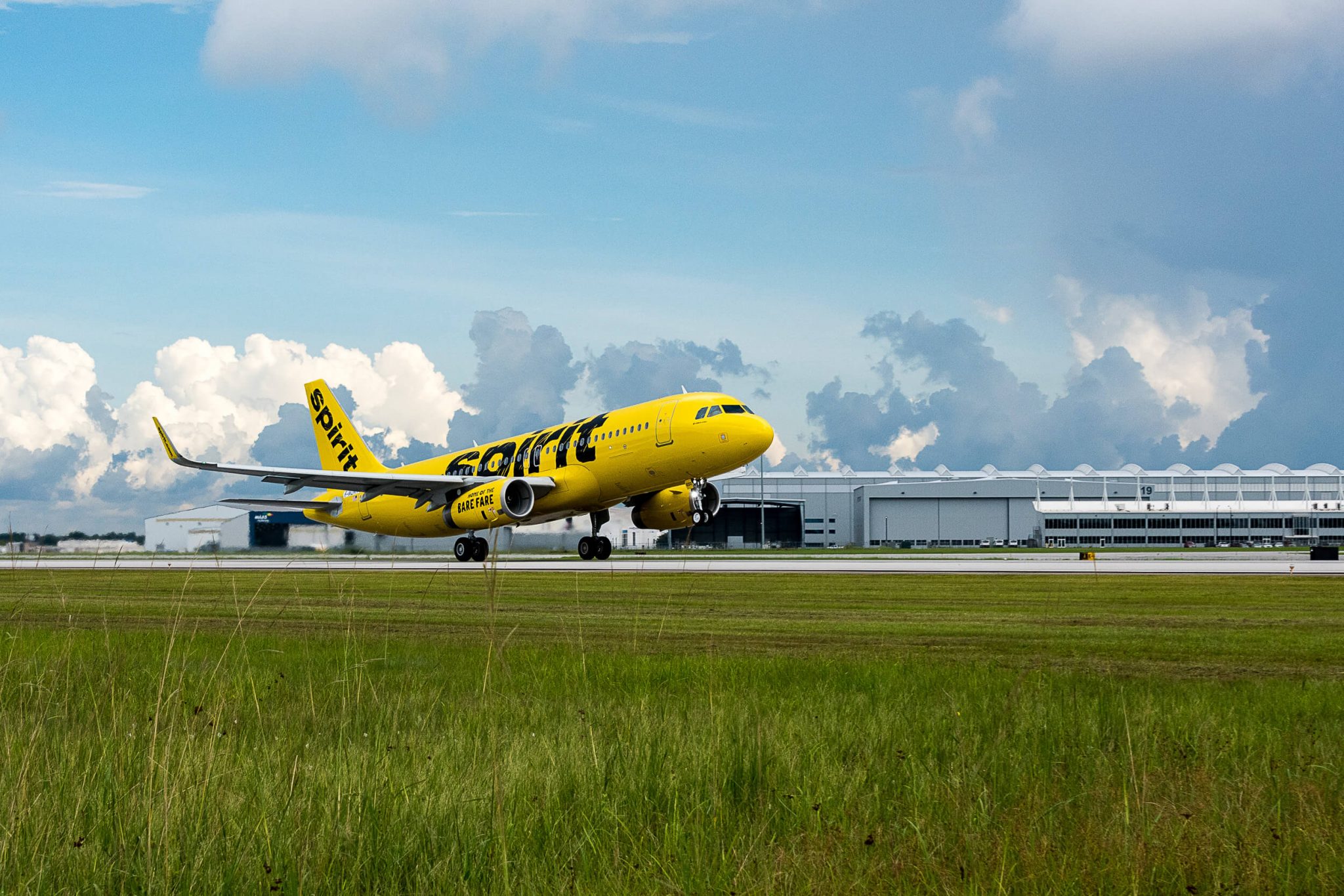Spirit Airlines has rejected yet another merger offer from Frontier Airlines on February 11, 2025. This follows a recently rejected $400 million proposition to merge the two ultra low-cost carriers at the end of January, as well as a deal in 2022 that was scrapped in favour of the failed JetBlue merger.
The new proposal from Frontier was submitted on February 4, 2025, to Spirit. Under the contract, Spirit’s stakeholders would receive $400 million of second-lien debt issued by Frontier and 19% of Frontier’s common equity following a merger. In addition, the new proposal would not require Spirit to complete the previously detailed $350 million equity rights offering, as well as requiring a waiver of the bankruptcy court-approved $35 million termination fee.
“Notably, the new proposal did not address certain material risks and issues previously identified by the company, including that the new proposal would deliver less in value to the company’s stakeholders than contemplated by the company’s existing plan of reorganisation,” Spirit read in a statement.
A Frontier spokesperson said to Airline Economics: “We remain convinced that the combination of Spirit and Frontier would have created more value than Spirit's standalone plan. That said, we are disciplined acquirors and are focussed on delivering for Frontier shareholders at a time when our airline is performing well in a dynamic market environment.”
Spirit had submitted a counterproposal on February 7, 2025, in which $600 million debt and $1.2bn in equity would be provided to Spirit stakeholders. Spirit said this would be “equal to the amount of value that Frontier claimed it was providing to Spirit stakeholders” in its proposal.
In a letter to Frontier, Spirit CEO Ted Christie said: “Bondholders have also expressed willingness to assist in raising new debt on the combined company through backstopping / anchoring the new money debt raise."
“The Spirit counterproposal would not require Spirit to complete its previously announced equity rights offering but would require Frontier to pay the $35 million termination fee that would otherwise be owed under the backstop commitment agreement,” Spirit read in its statement.
Spirit’s counterproposal was rejected by Frontier a few days later on February 10.
As with the previous rejection, Spirit maintained it would proceed with its standalone recapitalisation. The company stated: “Spirit will continue swiftly to advance and conclude its restructuring process, which will significantly deleverage the Company and position it for long-term success.”
Spirit said it had shared the new proposal with advisors for certain holders of its 8.00% senior secured notes due 2025, 4.75% convertible senior notes due 2025, and 1.00% convertible senior notes due 2026.
A hearing to consider Spirit’s plan of reorganisation is scheduled for Thursday February 13, 2025. The company said its voting creditors had almost unilaterally voted to accept the plan, with “all but two objections” already resolved. The restructuring is expected to be complete in the first quarter of this year.
Frontier had previously warned Spirit, in a joint letter from chairperson Bill Franke and CEO Barry Biffle, that its standalone plan means it will emerge “highly levered, losing money at the operating level" and said Frontier would not pursue a merger with Spirit in this state. “As a result, time is of the essence,” the letter concluded.
In Christie's February 7 letter, he echoed Franke and Biffle's statement that “time is of the essence as we speedily approach confirmation of our standalone plan” and added that the Spirit team is “prepared to work nonstop through the weekend” and was “ready to discuss” with Frontier as soon as they were ready. Franke and Biffle replied that Frontier's proposal was “superior”, adding: “We leave it up to your stakeholders to ultimately determine how to split the $400 million of takeback debt and the approximately 53 million shares.”
Despite the terms of the merger being contentious, both parties have continuously articulated they were open to further negotiations and discussions.
Davis Polk & Wardwell is serving as the Spirit’s restructuring counsel, Alvarez & Marsal is serving as restructuring advisor, and Perella Weinberg Partners is acting as investment banker.
Akin Gump Strauss Hauer & Feld is acting as legal counsel and Evercore is acting as financial advisor to the ad hoc group of loyalty noteholders.
Paul Hastings is acting as legal counsel and Ducera Partners is acting as financial advisor to the convertible bondholders.

